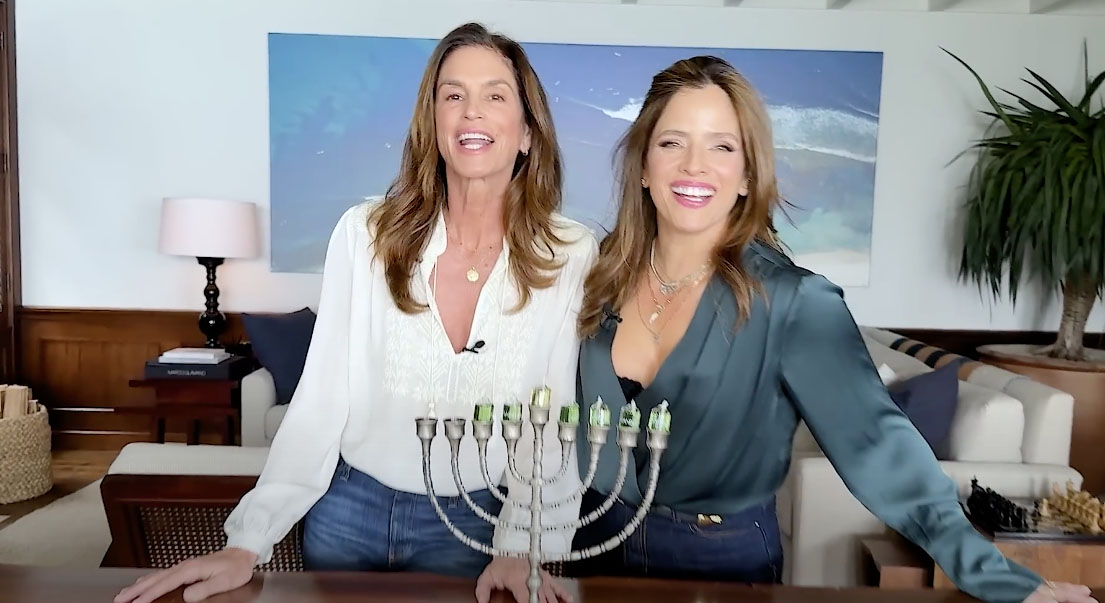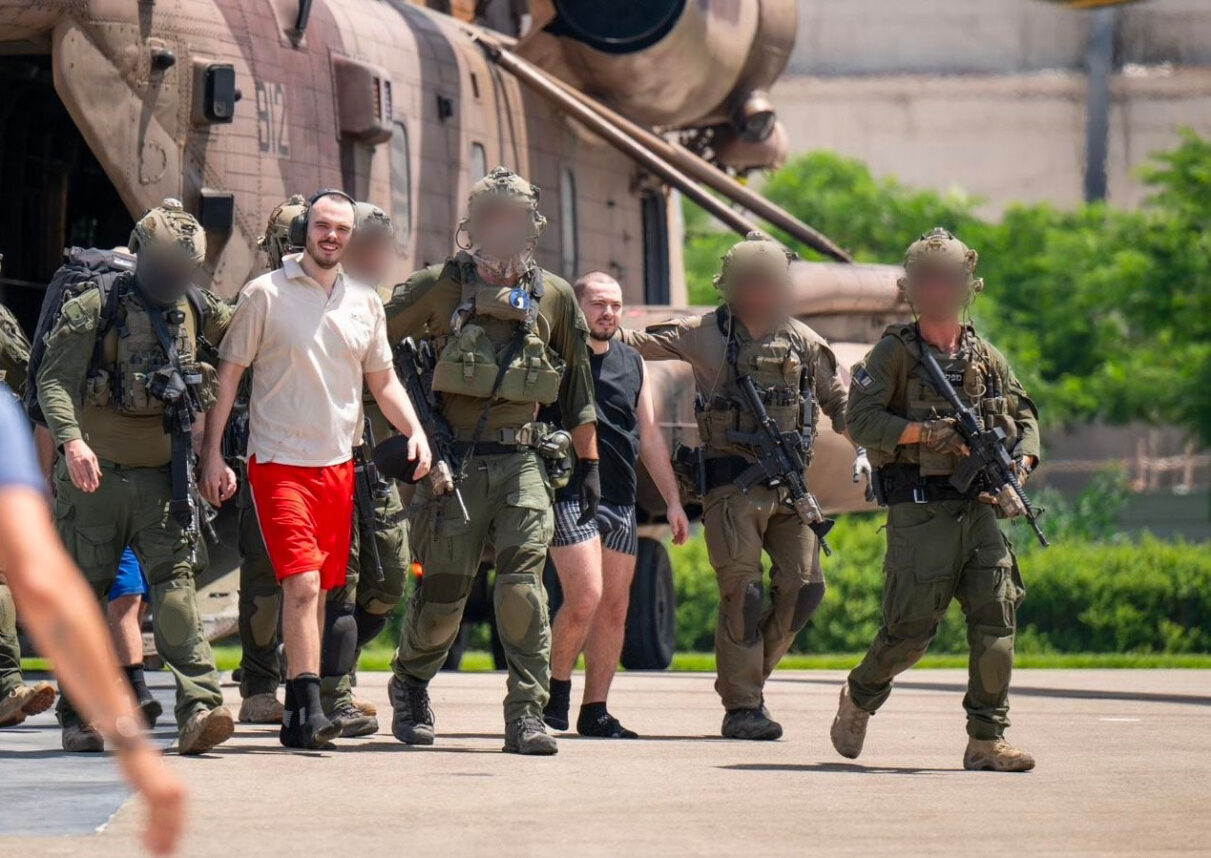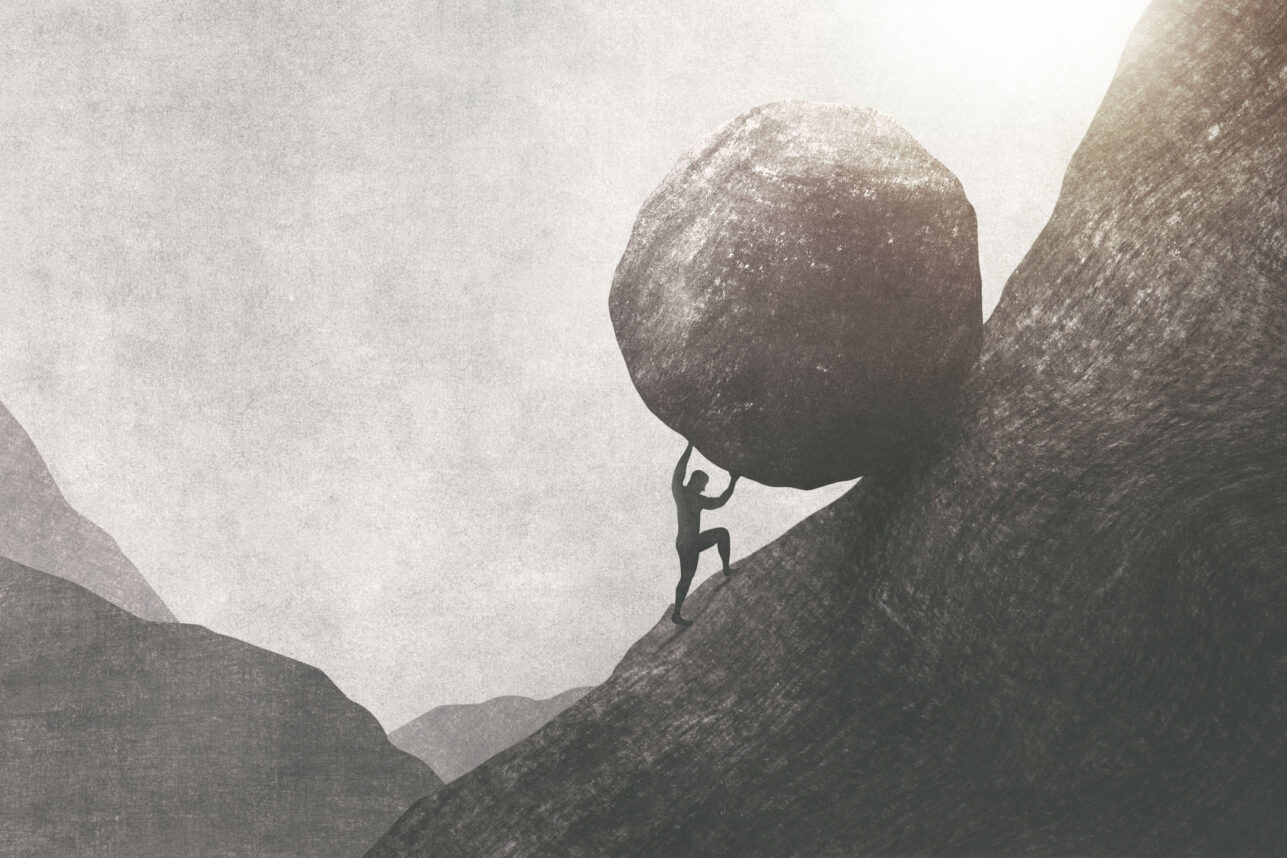
The Ghost of Rachel in the Nile Bar and Grill
Thoughts on Torah Portion Va-Yigash (retold, 2025)
©Rabbi Mordecai Finley
A swirling eddy of pain, love, loss, regret, resentment, hope, reconciliation – core experiences of human beings – forms into the vortex of this week’s Torah portion, Vayigash.
Joseph was the uneasy object of his father Jacob’s devotion, a devotion itself rooted in the tragic passing of Joseph’s young mother, Rachel. Jacob, Joseph’s father and Rachel’s widower, lived with the unending heartache and loss in Rachel’s death. That loss was symptomized onto the striped jacket Jacob had sewn for his and Rachel’s first born son, Joseph.
Adding to the tragedy are two things. First, Joseph had a gift of dreaming dreams that fortold the future, and of interpreting the dreams of others. Second, Joseph seemed unable to understand the effect he had on others. I used to think that Joseph was grandiose; now I think that he, by personality or trauma, had trouble understanding other people, “on the spectrum,” we might say today. This charismatic but somewhat clueless young man was esconced in a family marked by tragedy, trauma and pain. The family was headed by his grieving father Jacob, whose own father Isaac was nearly murdered by his own father, Abraham. This family was populated by likely resentful step-mothers and a brew of envious half-siblings filled with hatred. (We hope that little Benjamin was roundly ignored.) Perhaps Joseph’s being sold off into Egyptian slavery by his brothers and ending up in an Egyptian drama was not the worst way for him to grow up. Better than being at home.
Joseph made good in Egypt through his gift of being able to interpret dreams, a gift perhaps honed by a drive for self-preservation – a drive to understand himself and others better, and a drive to understand what had happened to him – a tragedy. Like the tragedies most of us bear, they are not initially of our own making, but with enough reflection our part in the tragedy is revealed. Either in how we were complicit, or if not, how we handled our pain. Sometimes this revelation comes too late, as Thomas Hobbes said: “Hell is truth seen too late.” Sometimes this revelation comes right on time.
The brothers grew up in the tragedy of Rachel’s absence. Perhaps they could not even name that which was not present, their being haunted by a ghost who had not yet appeared. Perhaps Rachel’s ghost drove Jacob to sew the coat of many colors. Perhaps it was Rachel’s ghost that directed Joseph in checking up on his brothers, as he was going down the wrong road. He had a destiny awaiting him.
Joseph went in search of his brothers, perhaps wanting to exact some sort of petty revenge for their hating him by catching them lollygagging. He was sold into slavery instead. We can imagine the brothers watching the caravan wind into the distance, as the intended murder of Joseph turned into the lesser crime of selling Joseph into the certain suffering of Egyptian slavery. Did they feel remorse when the caravan of slavers had disappeared over the horizon? Did their regret morph into guilt, manifesting in their own dreams? Night terrors, not dreams of dominance. Claustrophobic dreams of being stuck in a waterless pit filled with scorpions.
Rachel’s death, it seems, had killed this family, and it remained a family in name only – a collection of people tied by blood and marriage, but infested with pain, loss, guilt, shame, and a ghost. The murderous rage had dissipated, for sure, but it had been replaced, as with most tales of revenge, with emptiness. Many people die this way.
Some don’t. In some lives, in some families, there are miraculous moments of reconciliation, redemption, and resurrection. Joseph was the person who had discovered his agency, his will, in Egypt. Perhaps because of his station as the viceroy of Egypt, he knew how to get things done. Perhaps because of the love of his wife, Asenath, he was able to countenance forgiveness. Perhaps because of the love he had for his own children, named Forgetfulness (Menashe) and Fertility (Ephraim), Joseph knew what was at stake. Perhaps the ghost of Rachel, Menashe’s and Ephraim’s grandmother, led the way to the miracle of reconcilation, experienced by Joseph’s father Jacob and uncle Esau a generation earlier.
I think the bartender (Chamberlain of the Cupbearers – Genesis chapter 40) Joseph met in prison was the proximate catalyst for the redemption we find in this week’s Torah portion. The bartender was grateful to Joseph for foretelling his being forgiven by Pharaoh. Perhaps this unnamed bartender thought that somehow Joseph’s foretelling of Pharaoh’s change of heart had caused the change of heart in Pharaoh.
In any case, in my telling of the story, the bartender and Joseph developed a friendship. In my Midrash (The Midrash of the Bartender, yet to be written), Joseph stops by the Nile Bar and Grill on his way home from work of saving the known world from starvation. The bartender asks his main man Joe – any new dreams? Joe, sipping on mead, suddenly recalls a dream (he hasn’t remembered many lately). He tells the bartender – “I dreamt my brothers are coming down to Egypt.“ “The ones who sold you into slavery?” the bartender asks, a bit incredulously. “Yup, them ones,” Joe replies, flatly. A plan is hatched by two ex-cons at midnight, in the Nile Bar and Grill. Joseph will mask himself from his brothers and test them.
Joseph’s and the bartender’s plan culminates in a frame-up, like many plans conceived by ex-cons at midnight in a bar. The cupbearer loans Joseph a cup – the plan takes shape. Benjamin will be the fall guy. It’s a perfect plan.
Rachel’s ghost hovers nearby, engineering the whole thing, like her mother-in-law Rebekah did in that unhappy masking incident from years ago, involving Joseph’s father, Jacob, and Rachel’s brother-in-law, Esau, and Jacob’s father, Rachel’s father-in-law, Isaac. It seems that masking was a family tradition.
Judah (whose name is rooted in the Hebrew word for acknowledgment, confession, and gratitude) passes the test with an offer of self-sacrifice. He offering to go to jail for the crime that Benjamin was framed for. Judah, Joseph’s brother, was prepared for the self-sacrifice because of the incident with Tamar (Genesis chapter 38), Judah’s daughter-in-law, Joseph’s cousin-in-law, Rachel’s niece by marriage, Rebekka’s granddaughter-in-law. Tamar also wore a mask. That is a different Midrash, the Midrash of Tamar.
Joseph cries when Judah passes the test – Judah will offer his freedom to save Joseph’s brother, Jacob and Rachel’s son Benjamin. The story of the pit is reversed. Judah cries when he sees his brother Joseph cry, and understands what just happened. Then everyone there cried. The Pharaoh heard them all crying. The enmity of brothers had been healed. The audience starts crying.
In a spiritual realm, even Adam and Eve cried. Cain cried and Abel cried. Abraham, Sarah, and Hagar/Keturah all cried. Isaac and Ishma’el cried, as did Rebekah. Esau and Jacob cried. Rachel cried. The whole book of Genesis broke down in tears.
All this hatred. All this pain. The lost years. And now, forgiveness and reconciliation.
The family is reunited by tears, for now. All is forgiven, for now. The forgotten is remembered, for now. The future portends fertility.
Things unravel again, but that is the topic of another book of the Bible.






















 More news and opinions than at a Shabbat dinner, right in your inbox.
More news and opinions than at a Shabbat dinner, right in your inbox.